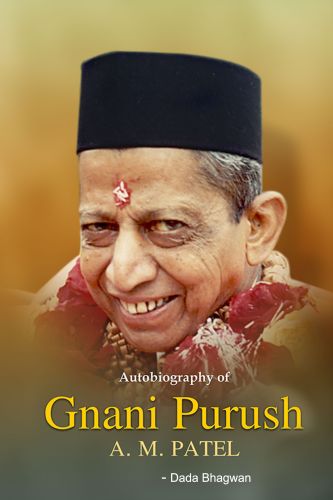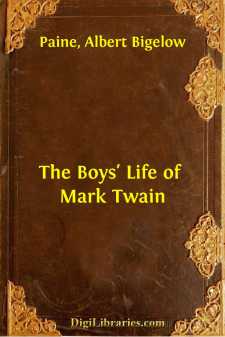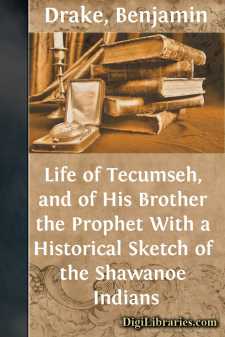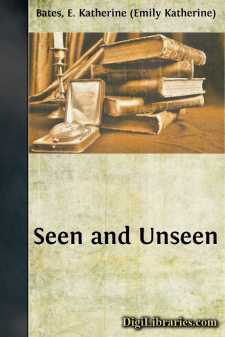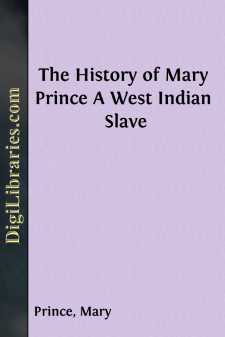Biography & Autobiography
- Adventurers & Explorers 15
- Artists, Architects, Photographers 16
- Business 2
- Composers & Musicians 14
- Criminals & Outlaws 5
- Editors, Journalists, Publishers 6
- Educators 1
- Entertainment & Performing Arts 3
- General
- Health, Exercise & Fitness 1
- Historians 3
- Historical 83
- Law Enforcement 1
- Lawyers & Judges 3
- Literary 147
- Medical 7
- Military 48
- Naturalists, Gardeners, Environmentalists 8
- Personal Memoirs & Diaries 226
- Philosophers 3
- Political 9
- Presidents & Heads of State 38
- Religious 38
- Rich & Famous 27
- Scientists 13
- Women 31
General Books
Sort by:
by:
DadaBhagwan
Na arena da espiritualidade, há pessoas espirituais únicas e notáveis que alcançaram os mais altos níveis de desenvolvimento espiritual. Alguns permanecem em reclusão, enquanto outros se tornam professores espirituais que apoiam a transformação espiritual da humanidade. Mas é extremamente raro encontrar um Gnani Purush (incorporação do conhecimento do Ser) e acessar seu poder espiritual para...
more...
by:
DadaBhagwan
Es war gegen sechs Uhr abends im Juni 1958, als ein gut gekleideter Herr mit einem schwarzen Hut auf einer Bank am Bahnsteig Nummer drei des Bahnhofs von Surat in Gujarat saß. Auf dem Bahnsteig herrschte reges Treiben, und die Züge der anderen Linien fuhren. Er hatte gerade vor Sonnenuntergang zu Abend gegessen und wartete auf einen anderen Zug, der ihn nach Vadodara bringen sollte. Sein Name war...
more...
by:
DadaBhagwan
In the arena of spirituality, there are unique and remarkable spiritual people who have achieved the highest levels of spiritual development. Some remain in seclusion, while others become spiritual teachers who support the spiritual transformation of humanity. But to meet a Gnani Purush (embodiment of Self knowledge), and to access their spiritual power to achieve spiritual enlightenment, is extremely...
more...
by:
Alex Bein
Introduction Theodore Herzl was the first Jew who projected the Jewish question as an international problem. "The Jewish State," written fifty years ago, was the first public expression, in a modern language, by a modern Jew, of a dynamic conception of how the solution of the problem could be accelerated and the ancient Jewish hope, slumbering in Jewish memory for two thousand years, could be...
more...
CHAPTER I. HISTORY OF THE COLLEGE FROM ITS FOUNDATION TO THE BEGINNING OF WILKINS' WARDENSHIP. Wadham College was founded in 1610, when on July 31st the foundation-stone was laid; and opened in 1613, when, on April 20th, the Warden and Fellows elected by the Foundress were admitted; the Warden, by the Vice-Chancellor of the University in St Mary's Church; the fifteen Fellows by the Warden in...
more...
by:
George Hart
PREFACE TO THE ENLARGED AND REVISED EDITION The favourable reception accorded to the previous editions of this work has not only added greatly to the pleasure attending the preparation of a new and revised edition, but has encouraged me to spare no effort within my power to render the volume as interesting and complete as possible. In making these endeavours, the bulk of the book has been necessarily...
more...
THE FAMILY OF JOHN CLEMENS A long time ago, back in the early years of another century, a family named Clemens moved from eastern Tennessee to eastern Missouri—from a small, unheard-of place called Pall Mall, on Wolf River, to an equally small and unknown place called Florida, on a tiny river named the Salt. That was a far journey, in those days, for railway trains in 1835 had not reached the South...
more...
by:
Benjamin Drake
HISTORYOF THESHAWANOE INDIANS. There is a tradition among the Shawanoes, in regard to their origin, which is said to be peculiar to that tribe. While most of the aborigines of this country believe that their respective races came out of holes in the earth at different places on this continent, the Shawanoes alone claim, that their ancestors once inhabited a foreign land; but having determined to leave...
more...
Many years ago, whilst living at Oxford, I was invited by a very old friend, who had recently taken his degree, to a river picnic; with Nuneham, I think, as its alleged object. Unfortunately, the day proved unfavourable, and we returned in open boats, also with open umbrellas; a generally drenched and bedraggled appearance, and nothing to cheer us on the physical plane except a quantity of iced coffee...
more...
by:
Mary Prince
THE HISTORY OF MARY PRINCE, A WEST INDIAN SLAVE. (Related by herself.) I was born at Brackish-Pond, in Bermuda, on a farm belonging to Mr. Charles Myners. My mother was a household slave; and my father, whose name was Prince, was a sawyer belonging to Mr. Trimmingham, a ship-builder at Crow-Lane. When I was an infant, old Mr. Myners died, and there was a division of the slaves and other property among...
more...




